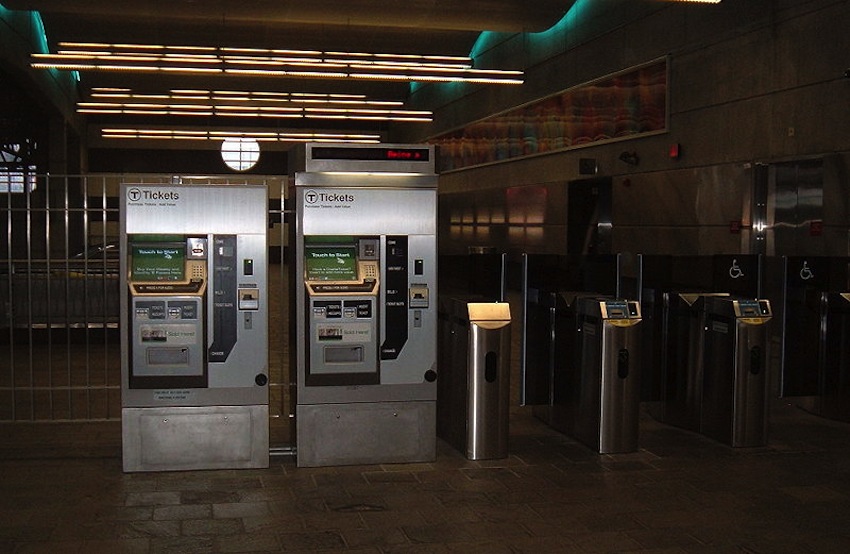Beacon Hill Finally Passes the Transportation Finance Bill

Photo via Flickr.com/sieman700
After weeks of going back and forth between lawmakers on Beacon Hill and Governor Deval Patrick, the legislature finally passed a transportation finance bill.
On Wednesday, elected officials voted to override Patrick’s veto to a proposed transportation finance plan, passing legislation that will address some of the state’s roadway, bridge, and MBTA problems. According to the new law, the decision will dedicate an average of $800 million per year to transportation needs in the state and keep riders from having to dig too deep in their pockets to pay to ride the MBTA, capping any future fare increases at just 5 percent—a much lower increase than the T’s increase in 2012, which reached 23 percent across the board.
The law, which takes effect in seven days, will increase the gas tax by 3 cents per gallon and add a $1 tax to packs of cigarettes in order to fund those transit needs.
Transportation advocates applauded the override and the passage of the bill, claiming “good progress” was made this year to try to meet Massachusetts’ main necessities, though they still say more needs to be done. “While not a comprehensive solution to our transportation crisis, the law is a solid foundation that begins to address the chronic underfunding of our rails, roads, sidewalks, and bikeways,” said Kristina Egan, director of Transportation for Massachusetts. “I believe we all understand that this is only the beginning, and that the job is not done. We don’t see the passage of the transportation bill as a time to pause but instead as a time to move ahead. Now, we need to ensure that the new funding is spent fairly and wisely in every part of the state.”
The bill was passed by the House and Senate in June, but was sent back by Governor Patrick because he claimed it didn’t take into account funding currently coming in from tolls in the western part of the state, which will soon disappear.
Despite Patrick’s complaints and some lashing out between state leaders and the governor, the override of Patrick’s veto was pushed through Wednesday night.
“While it is no secret that [the] transportation finance package shortchanges our transportation needs, it still represents a step forward. Now, it’s time to put these resources to work,” Patrick said in a statement. “For that opportunity, and the good that will come from it, I thank the team at MassDOT and throughout the administration as well as many in the legislature and private industry, who so thoughtfully considered the challenge before us in transportation and the ways to meet them.”
Egan said while there has been disagreement on how to fund transportation and how much to dedicate to upgrades statewide, officials and advocates have had one common goal in mind, recognizing that there is a need to somehow fix the system. “We thank the governor for laying out a bold vision. We thank the legislature for continuing the work of transportation reform. We are also grateful to have worked with the many legislators who strengthened the bill as it moved through the legislative process,” she said.
As part of the package, and the cap on MBTA fare increases, the new law will call on the MBTA to come up with new revenue streams, including selling off station names to major sponsors, and find a way to get services to run after hours by issuing “a request for proposals from business, civic, and nonprofit entities to enter into sponsorship agreements for providing transportation services beyond the current hours of operation.”
Officials from the T have explored that option in the past, and said they back the governor’s stance on the latest version of the law.

